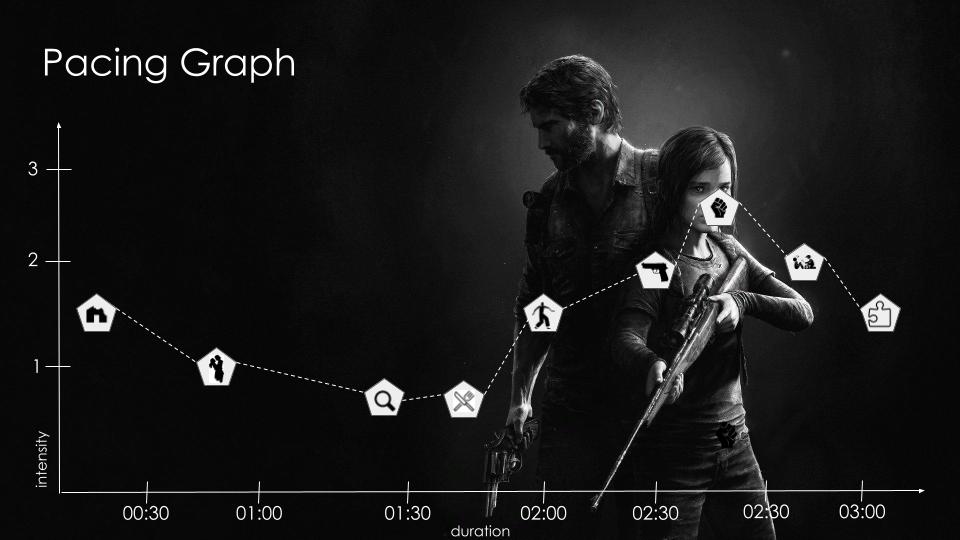I recently read the New European Consumer Protection Guidelines for Virtual Currencies in Video Games after days of discussion on the topic. On one hand, I feel proud to live on a continent that prioritizes consumer protection, but on the other, I’m worried that regulators fundamentally misunderstand our industry.
I’ve worked mostly in casual mobile free-to-play (F2P). Development usually involves at least six months for the first version, followed by a ‘soft launch’ period of 5 to 15 months, where we figure out metrics, tune the performance marketing strategy, and tweak the economy—often without making any profit.
Successful F2P games operate somewhat like luxury goods. The business is primarily sustained by superfans (call them whales or big spenders). Crucially, even in games where the typical player might be a parent or older adult, these superfans are generally heavy gamers who also buy and play many console and PC titles. For example, the biggest spender in Royal Kingdom is likely an Elden Ring player, not a grandmother saving money for her grandkids.
Regarding the new regulations, three points are particularly worrisome:
- Clear and Transparent Price Indication: The price of in-game content or services must be shown in both in-game currency and real-world money, ensuring players can make informed decisions about their purchases.
- Avoiding Practices That Obscure Pricing: Game developers should not engage in tactics that obscure the true cost of digital content. This includes practices like mixing different in-game currencies or requiring multiple exchanges to make purchases.
- No Forced Purchases: Developers should not design games that force consumers to spend more money on in-game currencies than necessary. Players should be able to choose the exact amount of currency they wish to purchase.
I understand the underlying goal, but these rules reveal a fundamental ignorance of game design and development:
- Inflation and Value: Virtual items and currencies constantly change their actual value during a game’s live operations due to in-game inflation and economic adjustments. Forcing us to show the real-money equivalent at all times will quickly become nonsensical.
- Multiple Currencies: F2P game systems rely on multiple gameplay loops to be effective. To support these loops and give players meaningful choices, multiple currencies are essential. Without them, balancing becomes hellish, and the player experience suffers—a genuine lose-lose scenario.
- Purchase Flexibility: When a game is published, you set specific, pre-defined prices for all in-app purchases on stores like Google Play. Implementing the option to purchase something like “23 gems” would either require rounding that purchase to the nearest predefined value (which violates the rule) or registering a huge number of specific values. That is frankly crazy.
I am genuinely worried that these measures will negatively impact Europe as a total addressable market for F2P games. Knowing the spending habits of superfans, they will simply go elsewhere. And regarding the promised protection for children, let’s be serious: social media is far more dangerous for kids. F2P games require interaction and can develop useful life skills. Infinite-scrolling video feeds are pure fentanyl. The problem isn’t games.
